Introduction:
Before the advent of modern navigation technologies, sailors relied on a myriad of methods to traverse the world’s oceans, often with little certainty about their exact position. One of the most significant advancements in maritime history came with the invention of marine clocks, which revolutionized navigation and reshaped the course of exploration. In this article, we’ll delve into the fascinating history and evolution of marine clocks, tracing their development from rudimentary timekeeping devices to precision instruments that played a pivotal role in maritime exploration and beyond.
Early Navigation Techniques:
In ancient times, mariners relied on celestial observations, landmarks, and rudimentary timekeeping devices such as sundials and hourglasses to navigate the seas. However, these methods were imprecise and often unreliable, particularly on long voyages where accurate timekeeping was crucial for determining longitude.
Invention of Marine Chronometers:
The breakthrough in maritime timekeeping came in the 18th century with the invention of the marine chronometer by English clockmaker John Harrison. Harrison’s chronometers were highly accurate mechanical timepieces designed to maintain precise timekeeping despite the motion and temperature variations encountered at sea. By accurately measuring time, chronometers enabled sailors to calculate their longitude with unprecedented accuracy, revolutionizing navigation and significantly reducing the risk of shipwrecks.
Role in Maritime Exploration:
The introduction of marine chronometers played a crucial role in the age of maritime exploration, enabling sailors to venture into uncharted waters with confidence. With the ability to accurately determine their position at sea, explorers such as Captain James Cook were able to chart new territories, discover new lands, and circumnavigate the globe, opening up new trade routes and expanding the boundaries of human knowledge.
Technological Advances and Improvements:
Over the years, marine chronometers underwent significant technological advancements and improvements. Manufacturers experimented with various designs and materials to enhance their accuracy, durability, and reliability. Innovations such as bimetallic balances, temperature-compensated balances, and shock-resistant mechanisms further improved the performance of chronometers, making them indispensable tools for maritime navigation.
Decline in Use and Legacy:
Despite their revolutionary impact, the widespread adoption of electronic navigation systems such as GPS in the late 20th century led to a decline in the use of traditional mechanical chronometers. However, the legacy of marine clocks lives on, with many antique chronometers preserved in maritime museums and collections, serving as a testament to their enduring significance in maritime history.
Modern Applications and Future Prospects:
While traditional mechanical chronometers have been largely replaced by electronic devices, the principles of accurate timekeeping remain essential in modern navigation. Today, marine clocks are used in a variety of applications, from commercial shipping and maritime research to recreational boating and yachting. Additionally, advancements in technology continue to drive innovation in marine timekeeping, with the development of atomic clocks and satellite-based navigation systems further enhancing the precision and reliability of maritime navigation.
Conclusion: Impact and Significance of Marine Clocks
In conclusion, the history and evolution of marine clocks represent a remarkable journey of human ingenuity and innovation. From humble beginnings as rudimentary timekeeping devices to indispensable tools for maritime exploration and navigation, marine clocks have left an indelible mark on the course of human history. While their use may have diminished in the age of modern navigation technology, the legacy of marine clocks lives on, reminding us of their enduring impact and significance in shaping the world of maritime exploration and discovery.

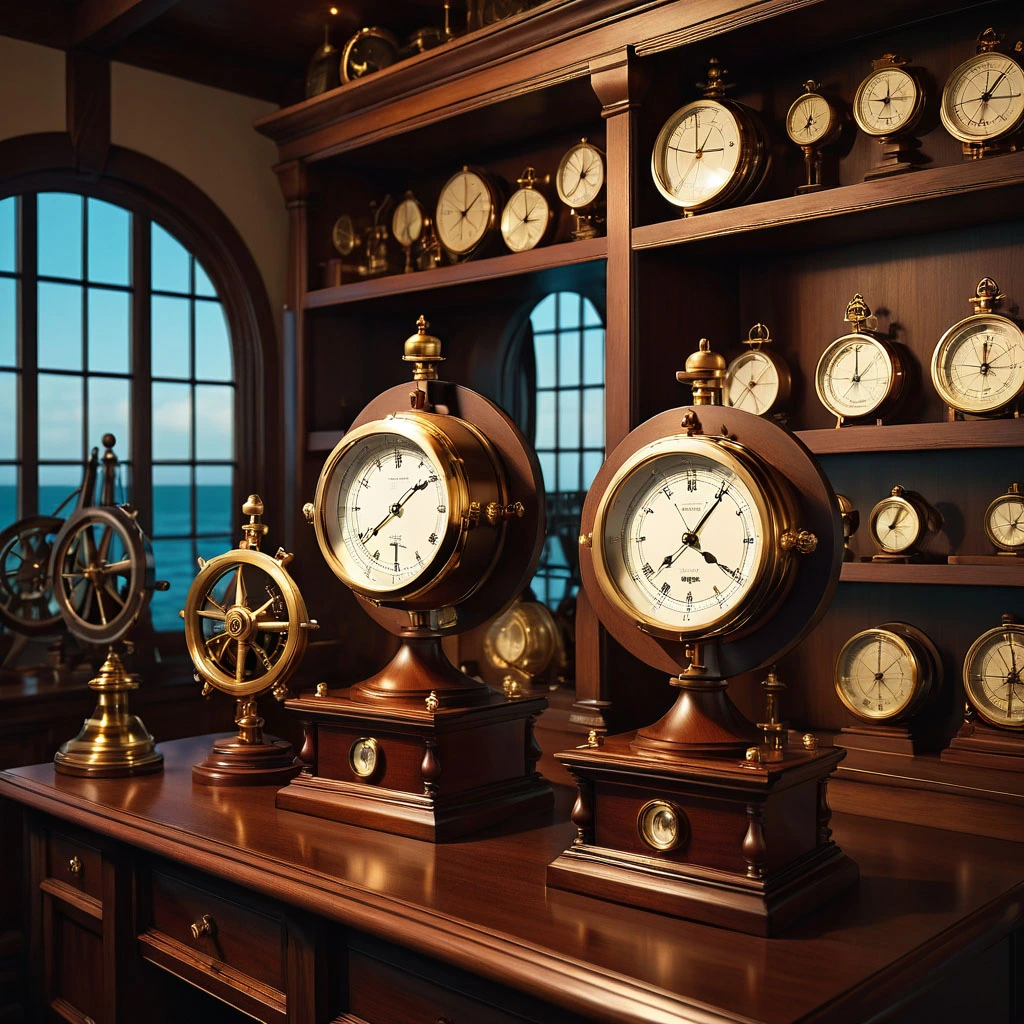

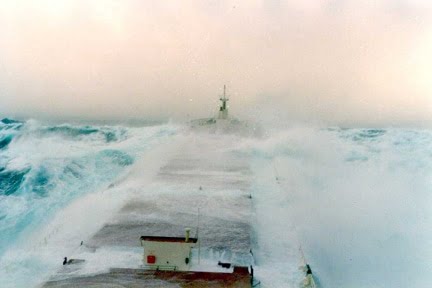
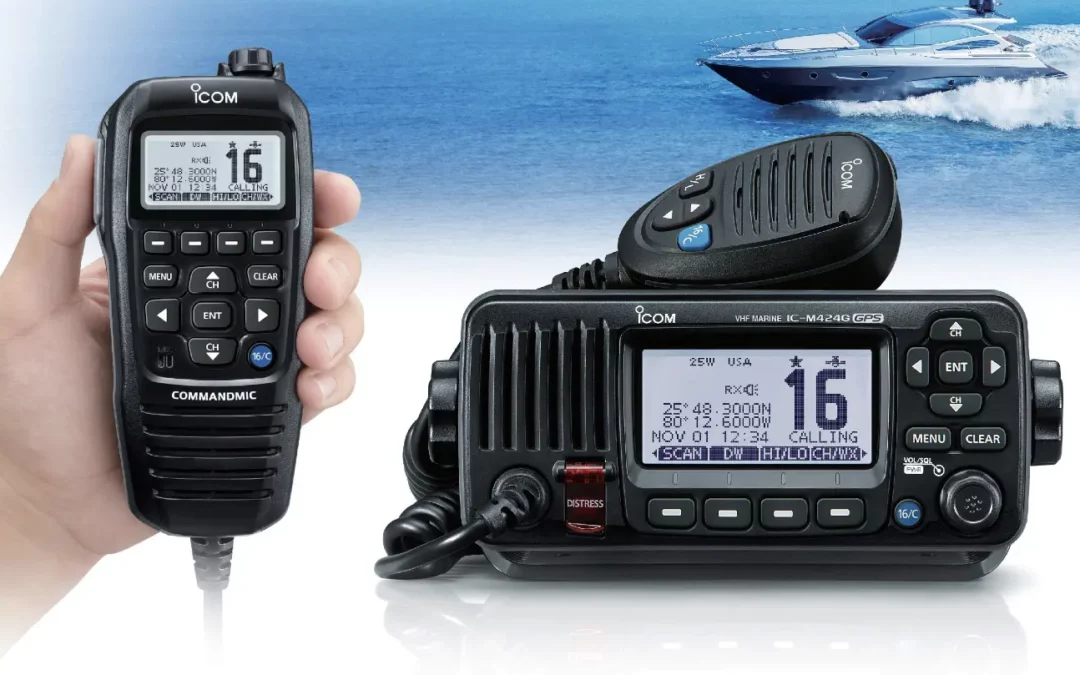

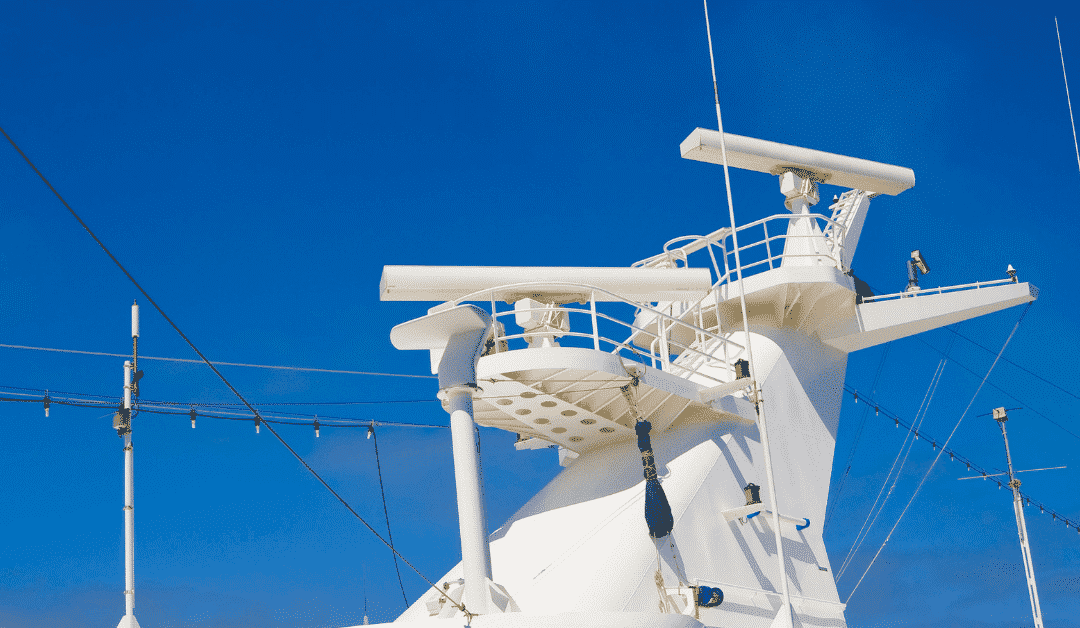
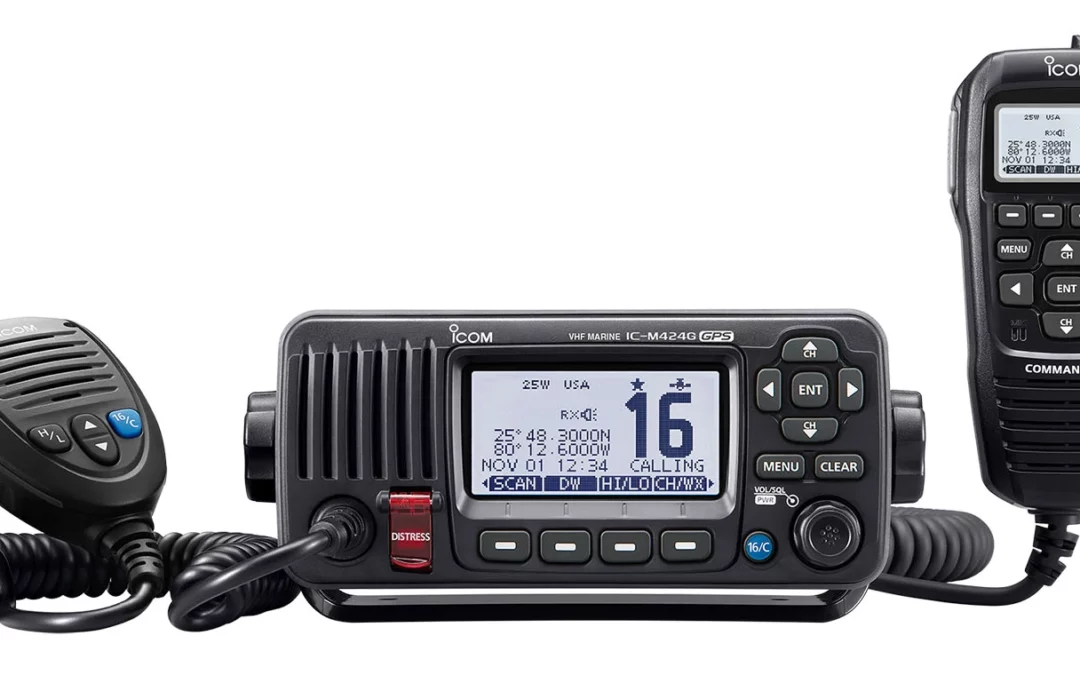
0 Comments